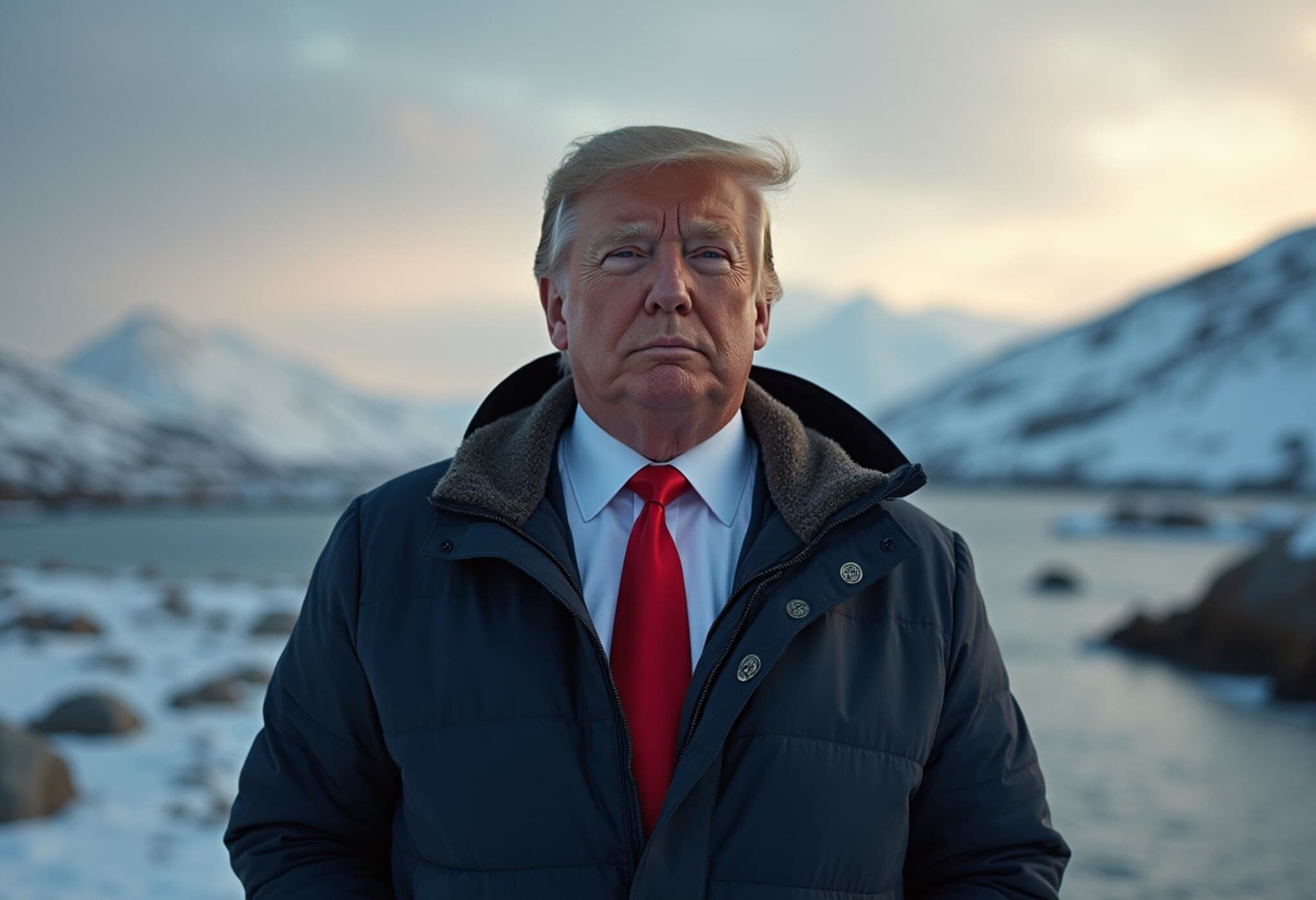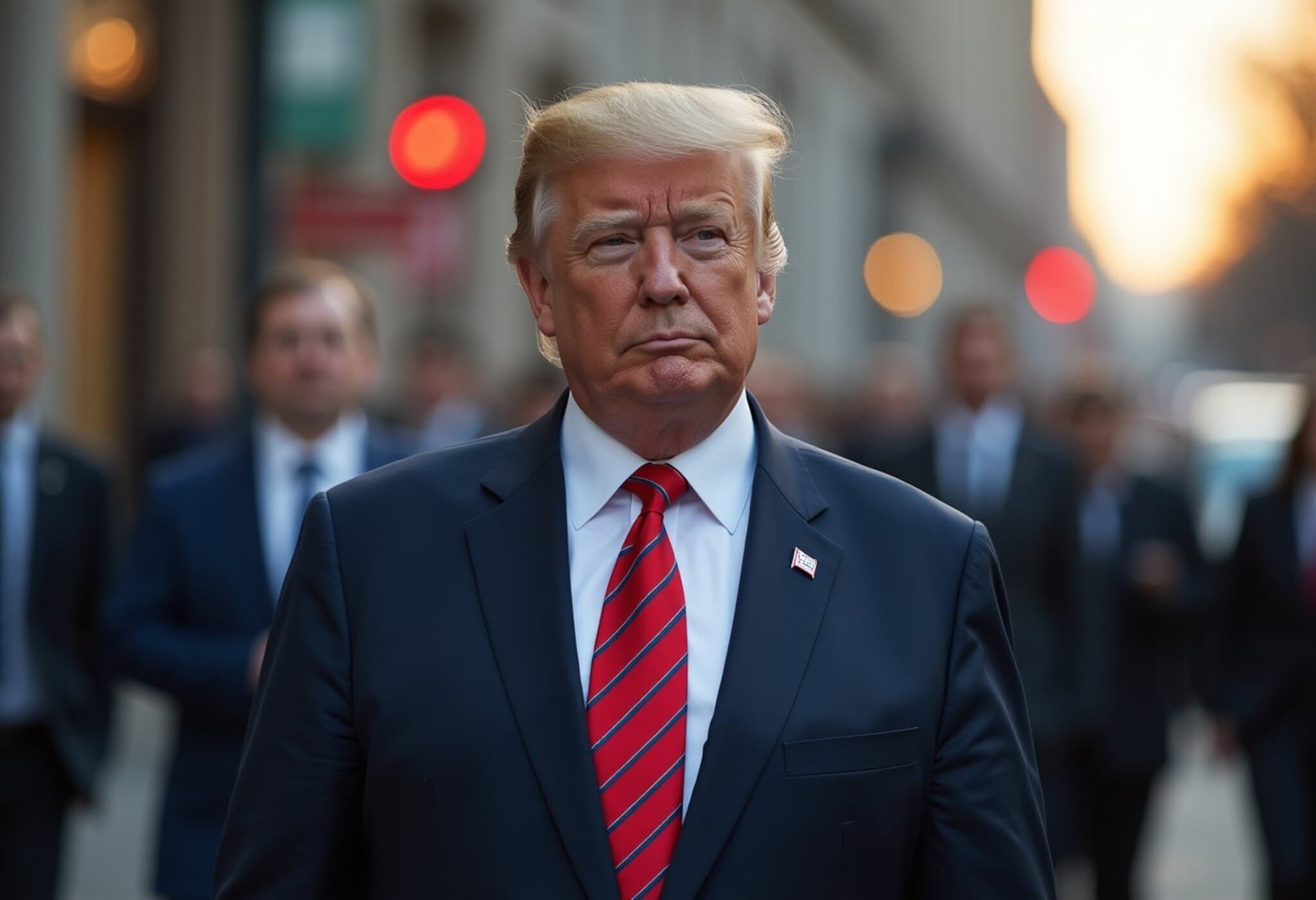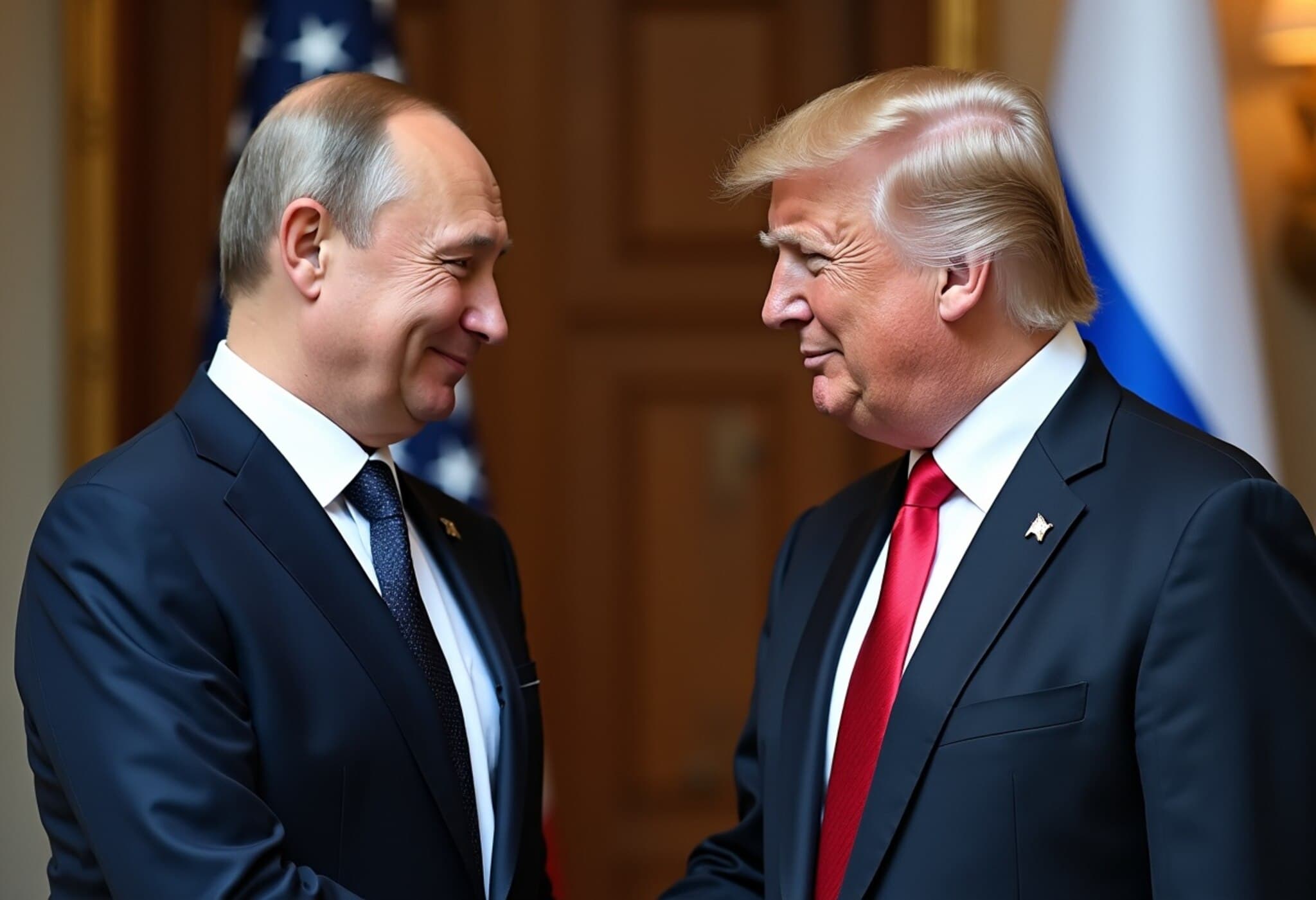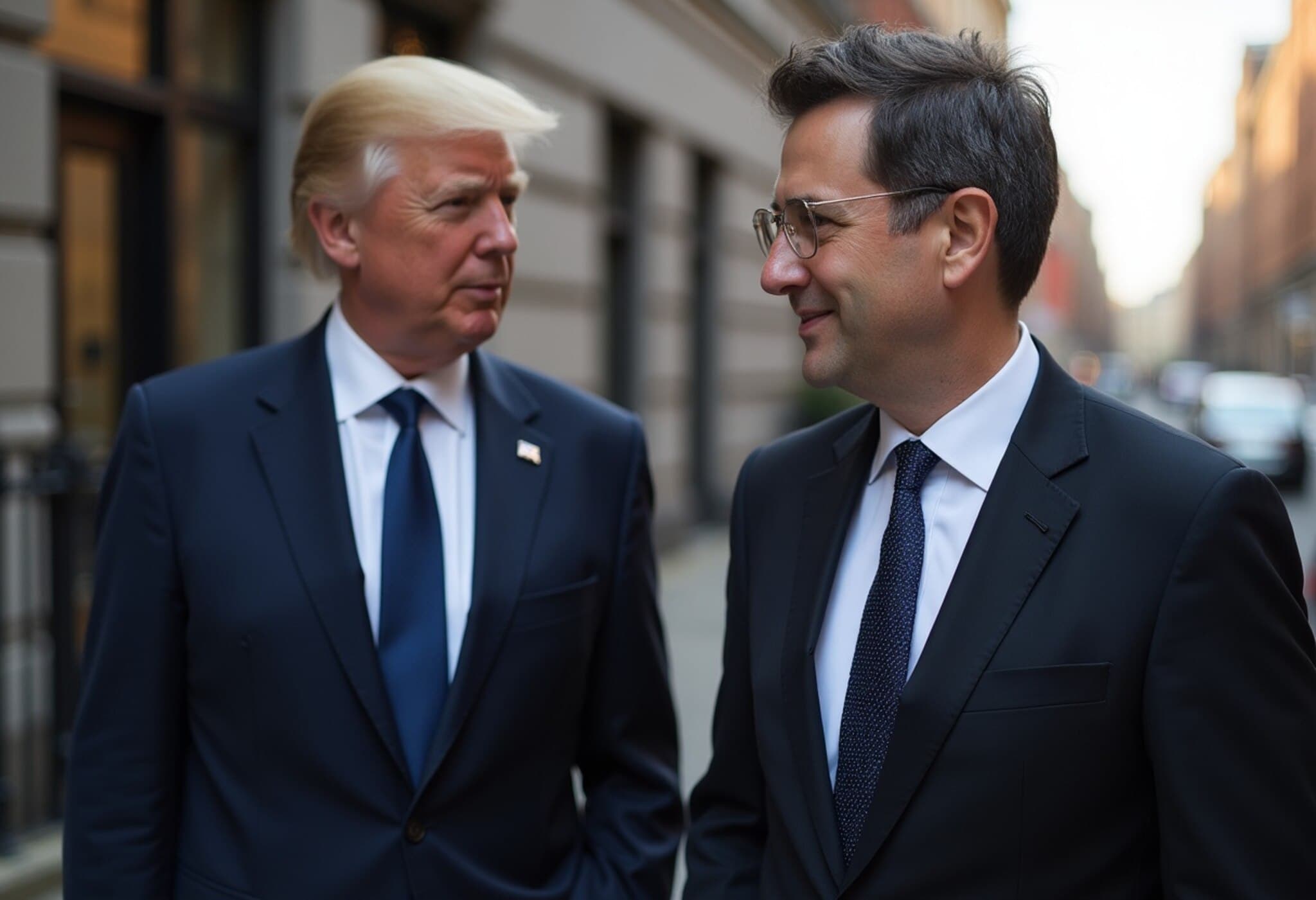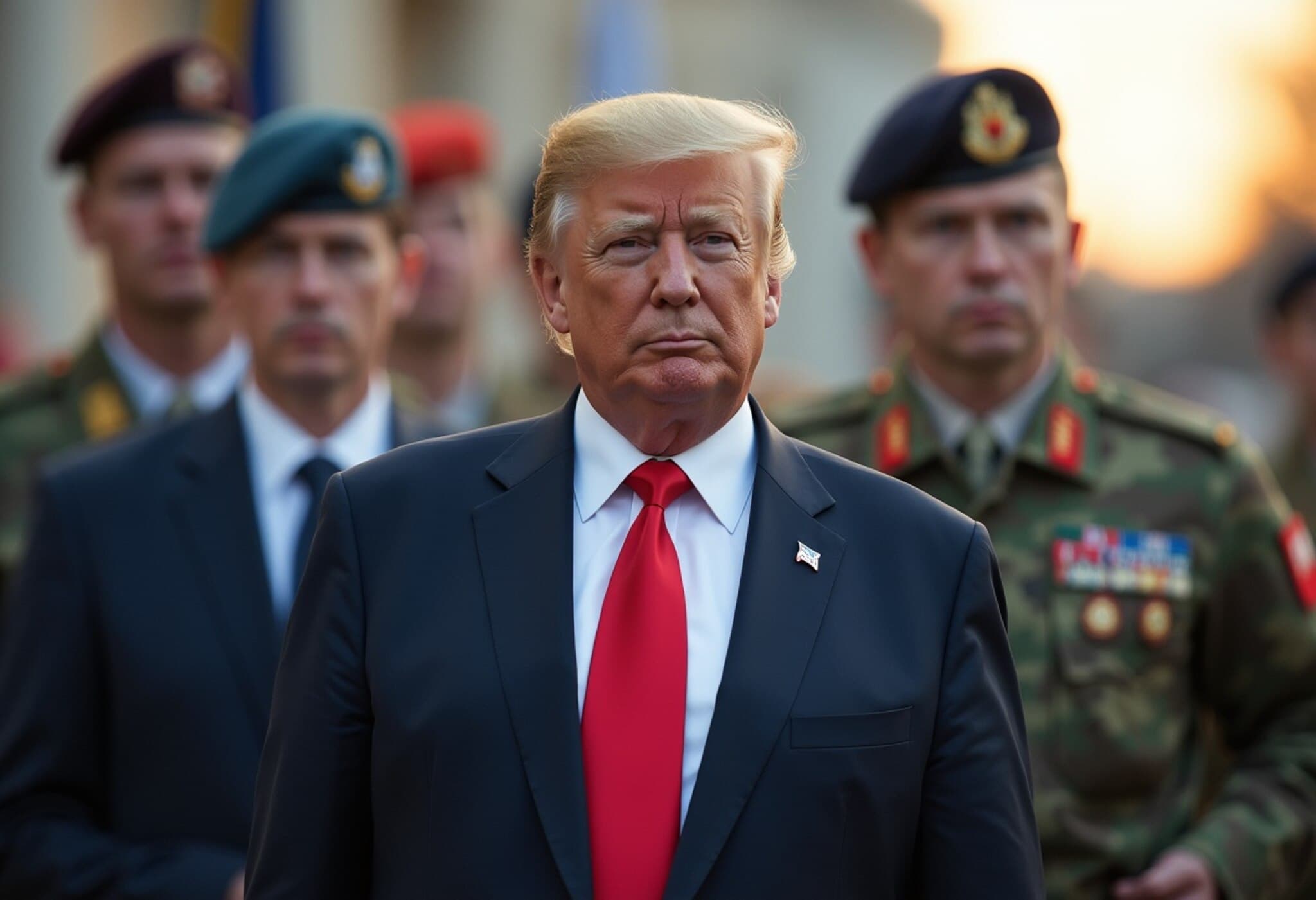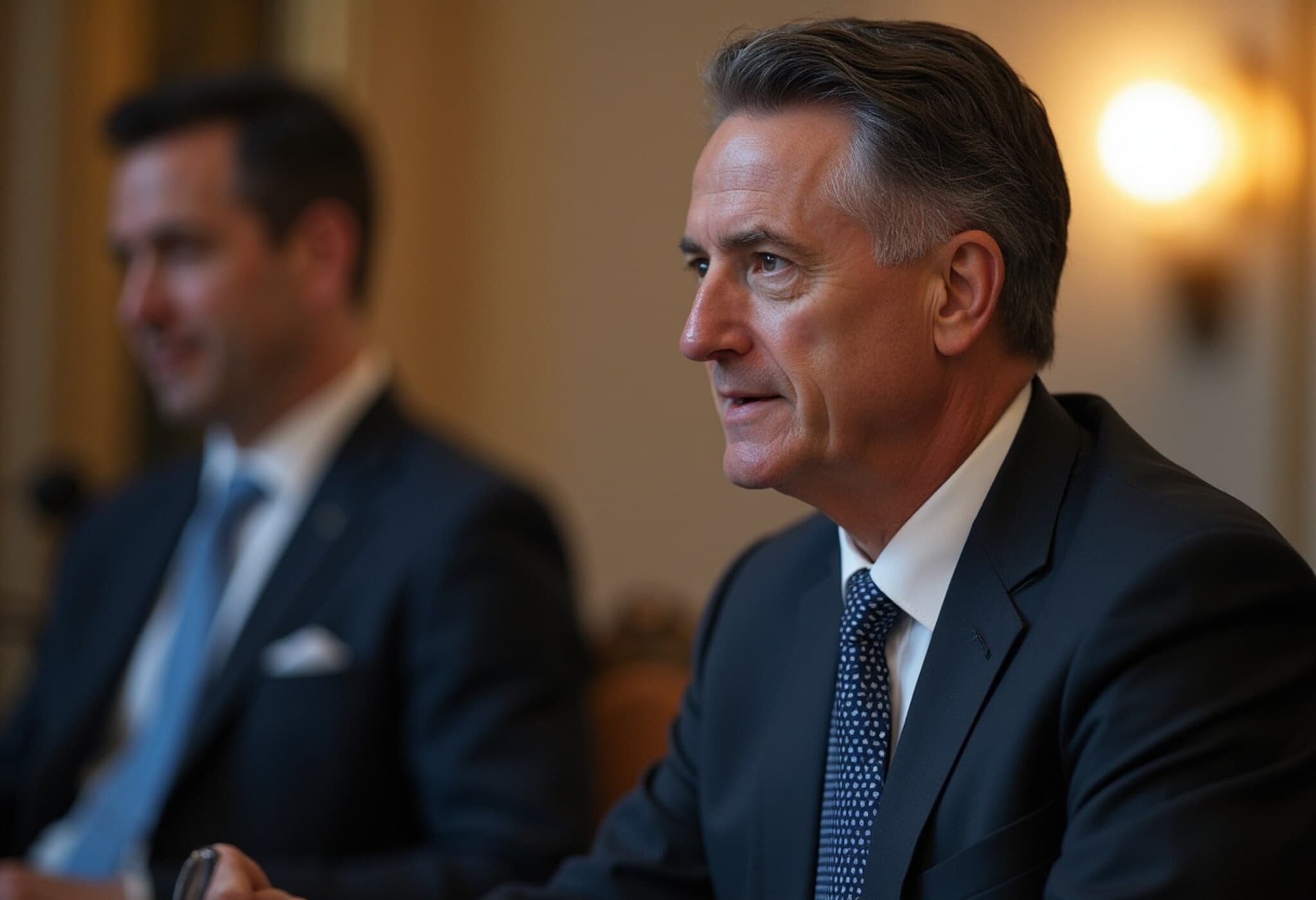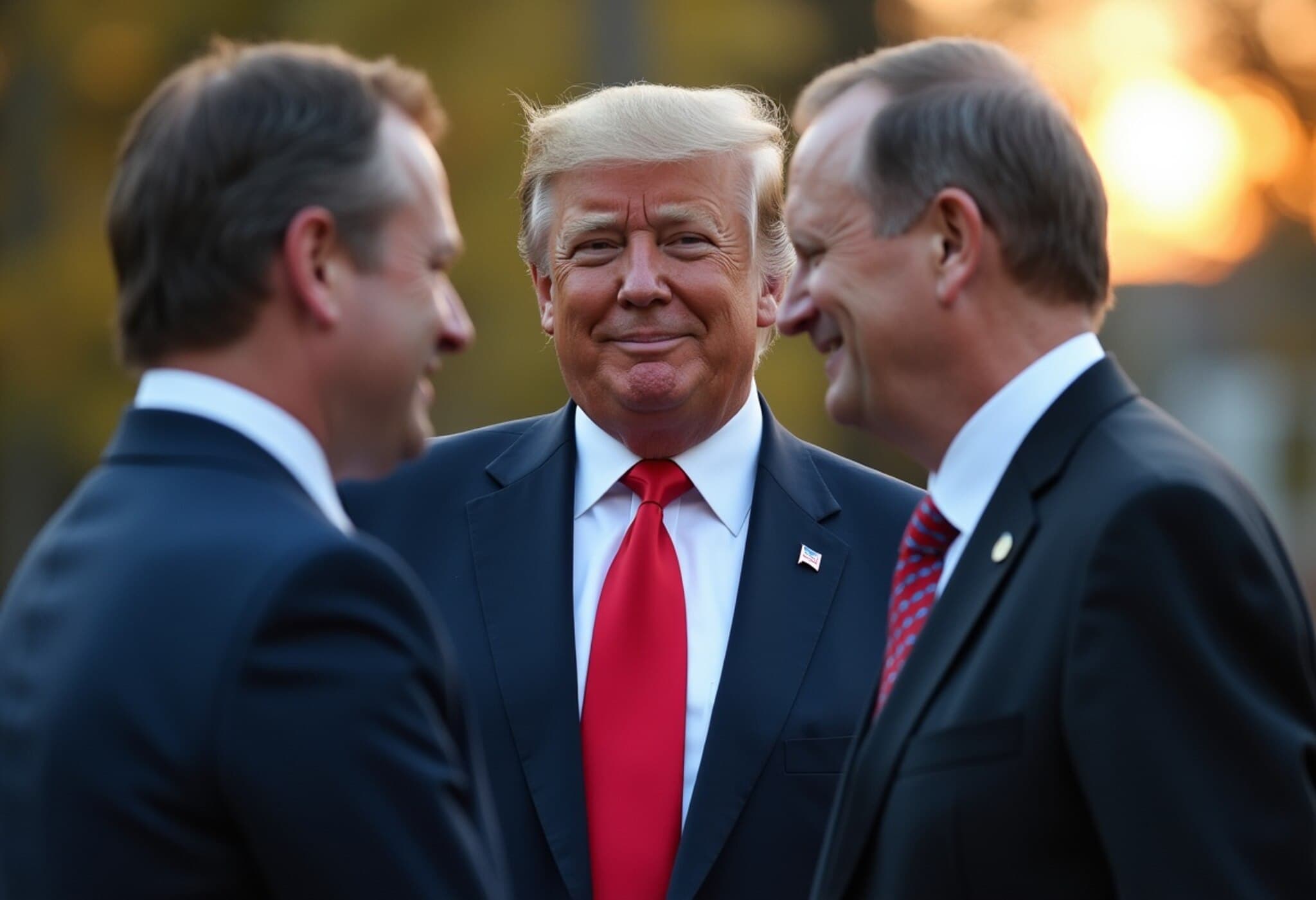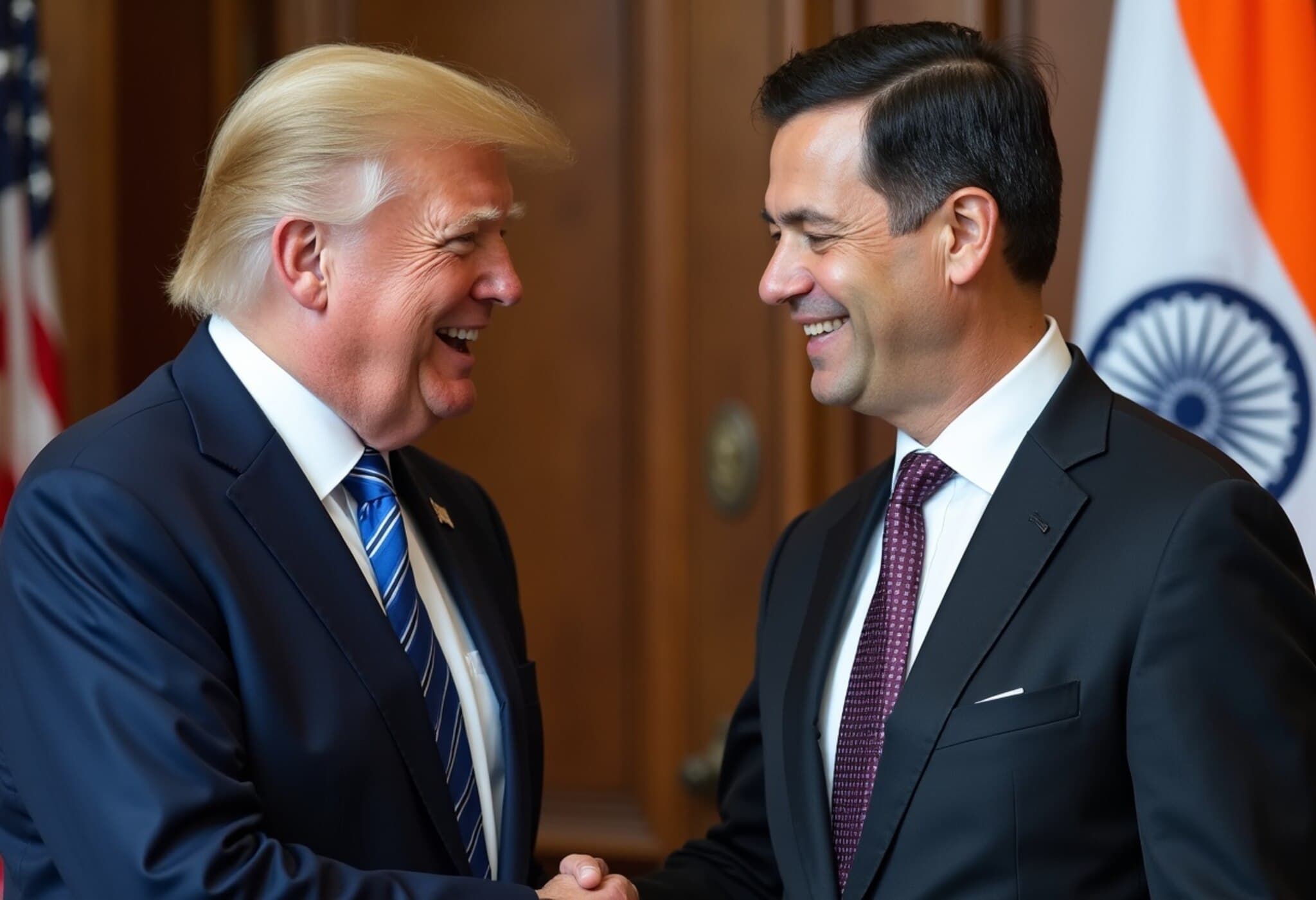Denmark Confronts US Diplomat Amid Allegations of Influence Operations in Greenland
In a move underscoring rising tensions in Arctic geopolitics, Denmark’s Foreign Minister Lars Løkke Rasmussen summoned the top U.S. diplomat in Copenhagen following reports of covert influence operations purportedly orchestrated by U.S. citizens targeting Greenland. These intelligence allegations suggest a concerted effort to stir opposition against Danish sovereignty while promoting Greenland’s secession with an eye towards closer ties — possibly even integration — with the United States.
Backdrop: Greenland’s Strategic and Political Significance
Greenland, an expansive semi-autonomous territory within the Kingdom of Denmark, possesses vast mineral wealth and occupies a critical geo-strategic position in the Arctic. The territory’s significance has intensified in recent years as Arctic routes open and global powers vie for influence. The spotlight intensified after former U.S. President Donald Trump publicly floated the idea of purchasing Greenland, a proposal categorically rejected by Copenhagen and Nuuk.
Greenland holds the constitutional right to independence via a referendum, a process featuring prominently in its evolving political landscape. The March 2025 general election saw a pro-business party victorious, advocating for gradual independence, while a rising faction favoring rapid sovereignty and stronger U.S. ties captured roughly 25% of the vote — highlighting a divided, yet potent, independence discourse.
The Allegations: Unpacking the Intelligence Reports
According to Denmark’s public broadcaster DR, which cited anonymous sources, at least three Americans linked to the Trump administration were implicated in influence campaigns allegedly designed to destabilize Danish governance over Greenland. While the specific individuals remain unnamed, these accusations point to active interference intended to erode trust between Greenland and Denmark, and to cultivate support for Greenland’s secession to the U.S.
For Denmark’s foreign minister, this represents a serious breach of diplomatic norms. Rasmussen condemned such attempts outright, stating, “If anyone thinks they can influence it by creating a ‘fifth column’ or that type of activity, then it is contrary to the way states cooperate.” He labeled these operations as “completely unacceptable.”
Official Reactions and Wider Implications
The U.S. Embassy in Copenhagen has not immediately responded to requests for comment, and the current acting mission leader, Charge d’Affaires Mark Stroh, faces diplomatic challenges amid these revelations. Notably, Trump’s appointment of PayPal co-founder Ken Howery as ambassador to Denmark remains pending, suggesting the embassy continues operating under a transition phase.
From the Greenlandic political sphere, parliamentarian Aaja Chemnitz highlighted the threat posed by these alleged actions, pointing out their potential origin within U.S. government strategies. She emphasized the sanctity of Greenlanders’ right to self-determination and warned against foreign manipulation: “The United States should not be allowed to influence our future in this way. It is solely up to the Greenlandic people.”
Security Concerns in a Growing Arena of Arctic Influence
Denmark’s National Security and Intelligence Service (PET) has issued warnings that Greenland remains vulnerable to influence operations capable of exploiting political divisions and swaying public opinion in ways that could destabilize the delicate balance between Greenland and Denmark, as well as skew relations with global actors like the U.S.
These developments highlight a broader theme in global security: the Arctic’s evolving geopolitical landscape increasingly serves as a battleground for influence between established nations and emerging powers. Denmark’s diplomatic efforts to strengthen alliances within Europe and maintain close coordination with Greenlandic authorities underscore the high stakes involved.
Expert Commentary: What This Means for U.S.-Denmark Relations and Arctic Geopolitics
Experts emphasize that covert influence operations, if verified, could have profound implications for transatlantic alliances. Professor Henrik Madsen, a specialist in Nordic security affairs, noted, “Such covert actions risk unraveling decades of trust built between Denmark and the US. While Greenland’s autonomy invites complex political questions, external interference threatens the legitimacy of democratic processes.”
This incident also propels critical questions about the limits of foreign policy tools in democratic nations. How can countries safeguard internal political decision-making away from undue external influence without fostering diplomatic fallout? As Arctic competition intensifies, establishing robust norms and transparency mechanisms seems more urgent than ever.
Looking Ahead
- Denmark will likely pursue enhanced intelligence and diplomatic measures to prevent external interference in Greenland’s self-determination process.
- U.S.-Denmark relations may face short-term tensions unless the allegations are transparently addressed.
- Greenland’s domestic political trajectory could become a focal point for global power projections amid Arctic resource competition.
Editor’s Note
This unfolding story sheds light on the fragile intersection of sovereignty, international diplomacy, and Arctic strategy. At its core is a question that resonates beyond Greenland: How do nations protect their democratic institutions and territorial integrity in an era marked by sophisticated influence campaigns? As climate change and resource prospects unlock new frontiers, the global community must consider how cooperative governance frameworks can mitigate covert power struggles that risk destabilizing trusted alliances.

